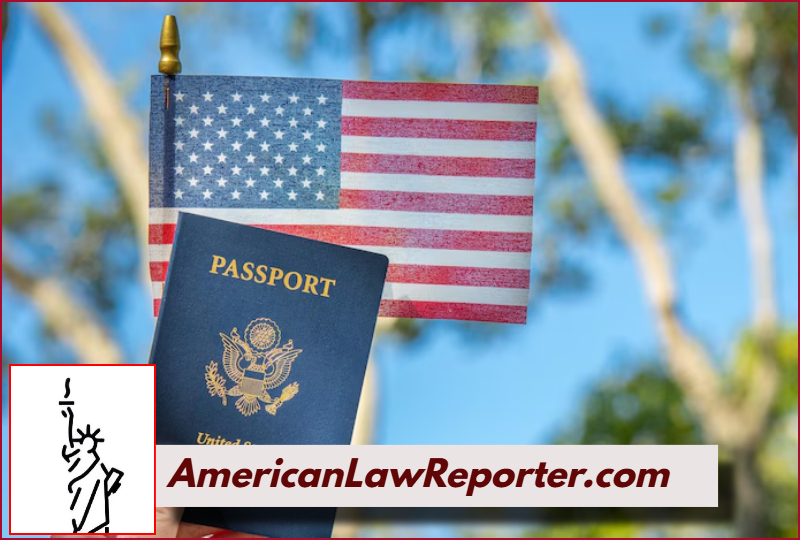Recent high-profile deportations have raised concerns among visa and green-card holders as the Trump administration intensifies immigration enforcement.
The arrest of Columbia University student and lawful permanent resident Mahmoud Khalil has sparked fear that individuals with valid immigration status may be at risk.
Has Immigration Enforcement Changed?
Legal experts say immigration laws remain the same, but enforcement tactics have shifted. Immigration officials are detaining more visa and green-card holders instead of allowing them to remain free while their cases proceed.
“It’s not like the laws are different, the refs are just calling the game differently,” said Jonathan Grode, an immigration attorney in Philadelphia.
While the government has primarily focused on individuals with legal violations—such as prior criminal charges or visa violations—the case of Khalil, who has no known infractions, has led to concerns that foreign students may be targeted based on their political speech.
Brown University has since advised international students and faculty to avoid travel after a professor was stopped and deported upon reentry from Lebanon.
“We’re seeing an extreme escalation in immigration enforcement,” said Lynn Damiano Pearson, an attorney with the National Immigration Law Center.
Authority Over Reentry
U.S. immigration officials have broad discretion over noncitizens reentering the country. Customs and Border Protection (CBP) agents can revoke visas for reasons related to health, crime, security, or foreign policy.
While green-card holders generally have the right to a hearing before an immigration judge before deportation, they can be detained while their case is reviewed.
Although U.S. citizens cannot be denied reentry unless they are found to have fraudulently obtained their citizenship, CBP agents can conduct searches and review personal devices in certain cases.
Potential Travel Ban Expansion
The Trump administration is expected to reinstate a travel ban affecting multiple countries, including several in the Middle East.
Under the previous ban, some nations faced total restrictions, while others were permitted temporary visitors but barred from sending immigrants.
In 2017, an attempt to block green-card holders from certain Muslim-majority countries was quickly halted by a federal court.
Legal Basis for Khalil’s Detention
The government cited a rarely used provision of the Immigration and Nationality Act (INA) to justify Khalil’s arrest.
The provision allows deportation if the Secretary of State determines that a person’s presence poses “serious adverse foreign policy consequences” for the U.S. Khalil has not been charged with a crime, and legal proceedings in his case are ongoing.
Know Your Rights: Legal Protections for Immigrants
Advocacy groups emphasize that immigrants have constitutional rights, including:
- Right to Remain Silent: Individuals do not have to answer questions from law enforcement.
- Right to Refuse a Search: In most cases, law enforcement cannot search a person or property without a judicial warrant.
- Right to Legal Representation: Immigrants can request an attorney if detained.
- Right to Refuse Entry Without a Warrant: Individuals do not have to open their doors to law enforcement unless presented with a signed judicial search or arrest warrant.
As enforcement tactics intensify, immigration attorneys advise green-card and visa holders to carry legal documents at all times and seek legal counsel if approached by authorities.

